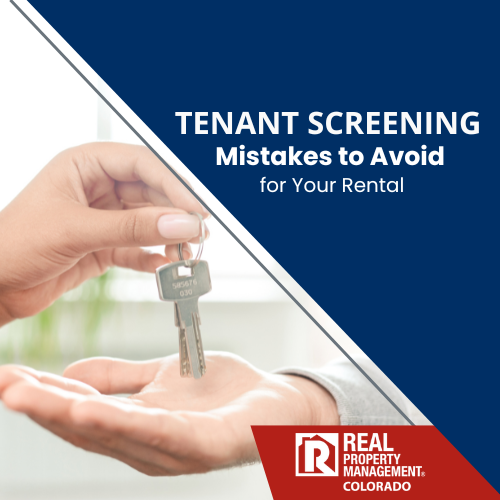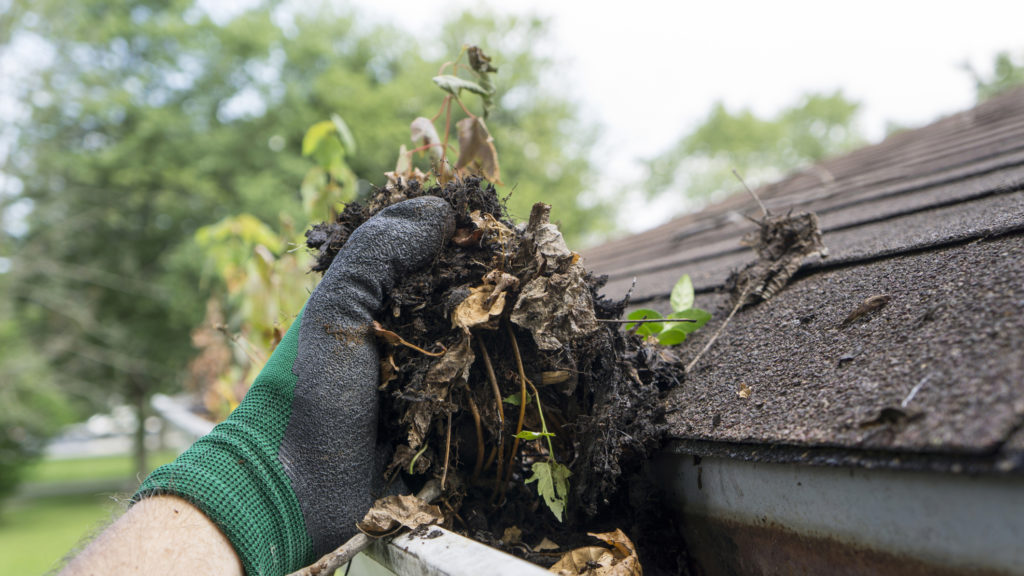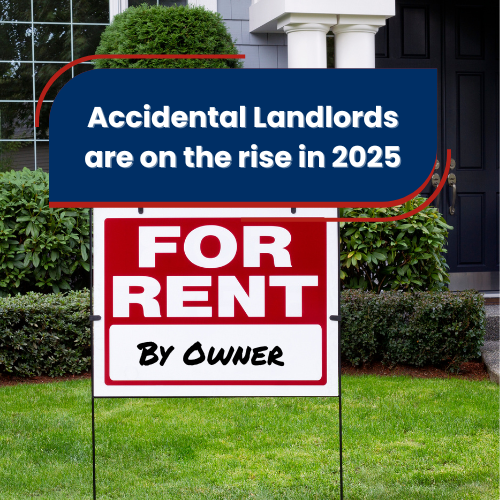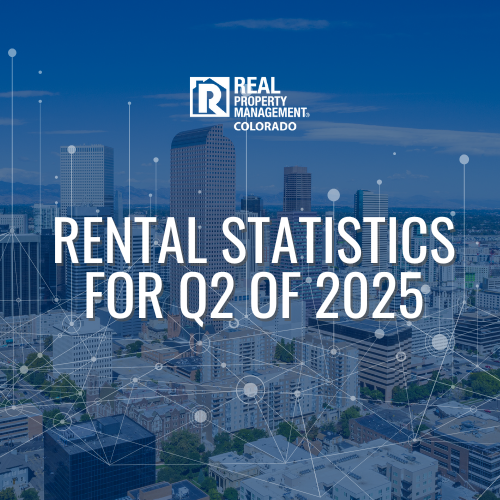No one really wants to deal with conflict, but we all know it’s unavoidable in just about every walk of life. The same goes for property management. You can prepare your property, maintain it, address issues quickly, etc., but complaints will always arise. How you deal with them makes all the difference! So, what are the most common tenant complaints and how can you address them?
Common Tenant Complaints

#1) Maintenance
Murphy’s Law states that anything that can go wrong, will go wrong. So whether you’re prepared for repairs to arise or not, be prepared to address tenant complaints about maintenance repairs. Maintenance issues are the #1 tenant complaints. Even if you keep your rental well-maintained, you’re bound to run into it. Remember, no one likes to deal with repairs, and that includes tenants. Broken appliances, leaks, and any other maintenance problem that could arise affect tenants as much as it affects landlords. So what’s the best way to handle these types of complaints?
First, make sure your lease spells out exactly what a tenant should do when a maintenance problem arises. They should be notifying you immediately when an issue occurs, especially if it’s something that needs to be addressed immediately for the preservation of the property and for their safety. When signing the lease, make sure your tenants understand the proper steps to submit a maintenance request.
Secondly, keep the lines of communication open. Let them know you’ve heard their request and when you’re going out yourself or sending out a vendor to address the issue. It also helps to have a list of vendors prepared for any and all situations, that way you don’t have to waste time searching online.
Finally, address the situation in a reasonable amount of time. While not every repair request is an emergency, keep in mind there are certain requests that must be addressed within a specific timeframe, such as habitability issues. Don’t wait too long address repairs and be sure to keep the lines of communication open with your tenant so they understand what to expect. Doing so could not only keep your tenants happy, but save you more in the long run with reducing tenant turnover, keeping up with preventative maintenance, and mitigating smaller issues that could cause larger problems in the future.

#2) Communication
Tying right in with maintenance issues is the common complaint of communication, or a lack thereof. Tenants want to make sure they’re concerns are heard, and nothing puts a bad taste in a tenant’s mouth more than a landlord who is hard to get ahold of or doesn’t return their call or email. Make sure to establish clear guidelines on communication with your tenant. If you know you’re going to be unavailable for a period of time (like on a well-deserved vacation!), let them know how to best get a hold of you or who they can contact in an emergency situation. Good tenants are hard to find, so be sure to address their concerns and questions in a reasonable amount of time.

#3) Noisy Neighbors
The third most common tenant complaint revolves around noisy neighbors. Tenants want to feel comfortable in their homes, and a neighbor who stomps around, blares music, or allows their dogs to bark continuously disrupts that peace. So how do you handle noise complaints?
The first step is to talk to your tenant to assess the situation. Who is causing the noise? Do you manage the unit that’s causing the problem? If you don’t manage the other unit, there’s not too much you can do. However, your tenant still expects you to do something.
If you do manage the neighboring unit, check your lease about how to address noise issues and what proper steps can be taken to remedy the situation with both tenants. But if you don’t manage it, there are a few things you can do. First, encourage your tenants to talk with the neighbors directly. Living in a community means dealing with noise one way or another, and often times, the neighbor may not be aware that they’re causing a problem. If after that the issue persists, try contacting the landlord of the other unit or the HOA to help resolve the noise issues.
If all else fails, you can always attempt to mitigate the noise by making adjustments to your property. Help to soundproof by adding additional insulation or carpeting. Encourage tenants to lay area rugs and remind them of any applicable quiet hours or HOA rules and regulations.

#4) Pests
Whether you rent or own, there’s nothing that makes your skin crawl more than dealing with pests. Bed bugs, rodents, roaches, etc., can be a major complaint for both tenants and landlords. They can sway your tenants not to stay in the property and can cause some major damage to your property if not addressed quickly. Make sure your lease addresses how to handle pest problems, both on the tenant’s side and the landlord. And be sure to remedy any pest problem quickly and efficiently.

#5) Security Deposits
Deposit disputes are one of the biggest tenant complaints that arise after move-out. Tenants will complain that their money wasn’t refunded quickly enough or that they shouldn’t have been charged for certain things. So how do you address these?
First, make sure your lease clearly defines how long you have to process and return the deposit and what the move-out requirements are. In Colorado, the law requires that you return the deposit and Statement of Deposit Activity (SODA) within 30 days UNLESS your lease specifies 60 days, which is the maximum time allowed. Be sure that everything is finalized well before that deadline so you’re not scrambling to return it in time. When it comes to withholding funds from the deposit, make sure you’re fully aware of what can and can’t be charged and be prepared to defend your actions. If you wrongfully withhold money from the tenant’s security deposit, you could be liable for paying treble damages. Be aware of the difference between normal wear and tear vs damage, and if you’re not sure, consult a real estate attorney for help.
Make sure to properly document the condition of the property BEFORE and AFTER the tenant moves out. Take pictures (more is always better) so you know exactly what the property looked like before the tenants took possession and how they turned it over after vacating. That way if the tenant disputes a certain deduction, you have solid proof for why you charged them.
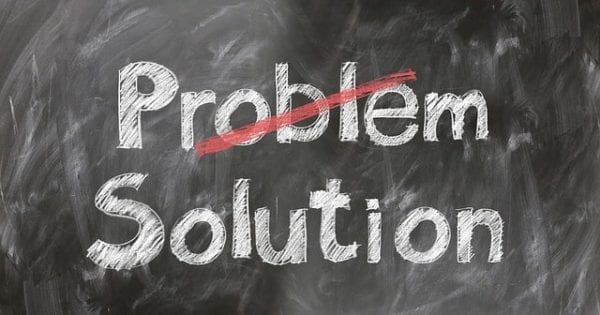
Whether you’re a seasoned landlord or trying it out for the first time, tenant complaints will always arise. From maintenance to noisy neighbors to returning the deposit, knowing how to address tenant complaints well will determine whether your tenants choose to stay and continue renting with you, or move on to someone else.


